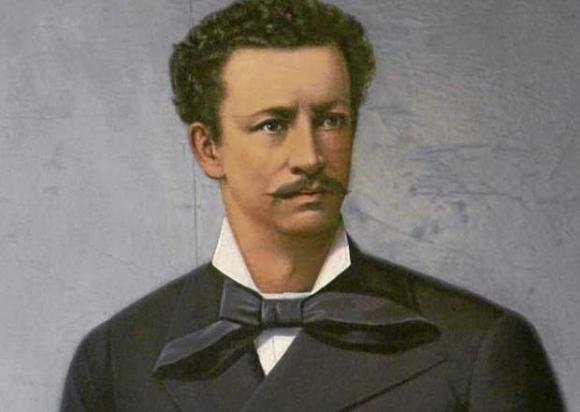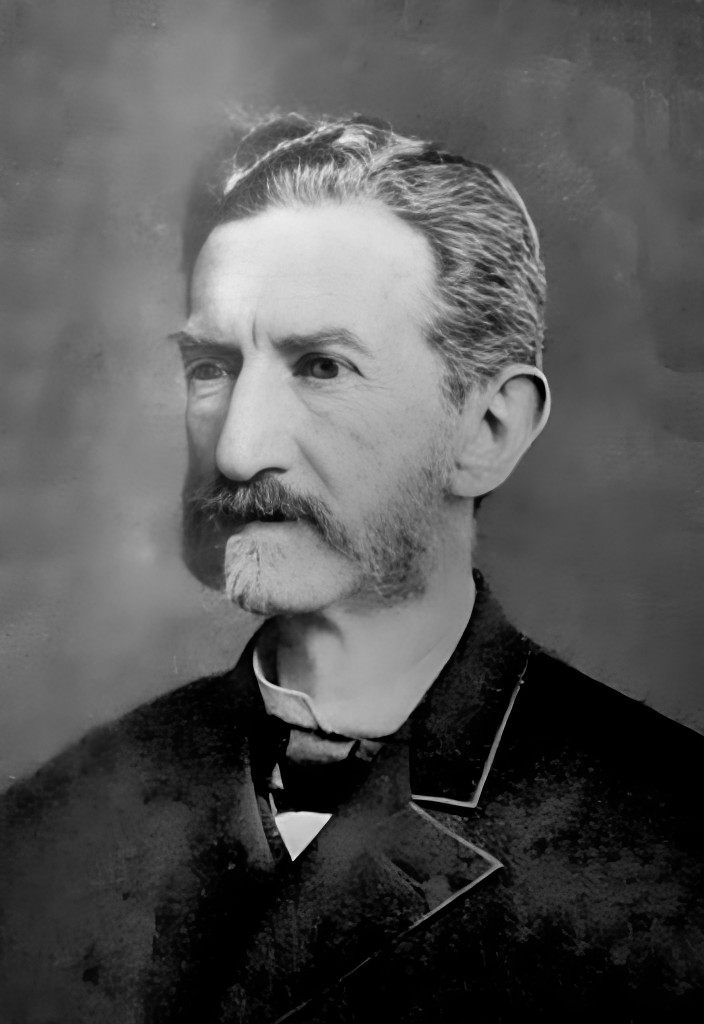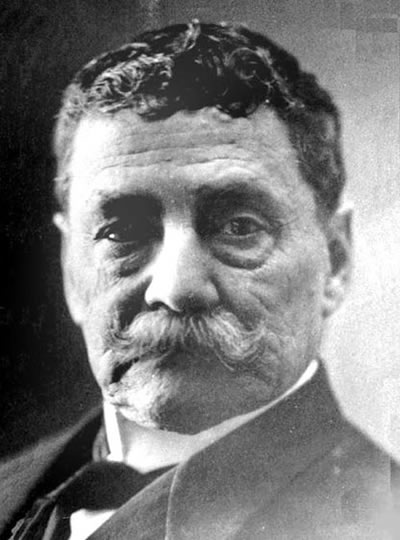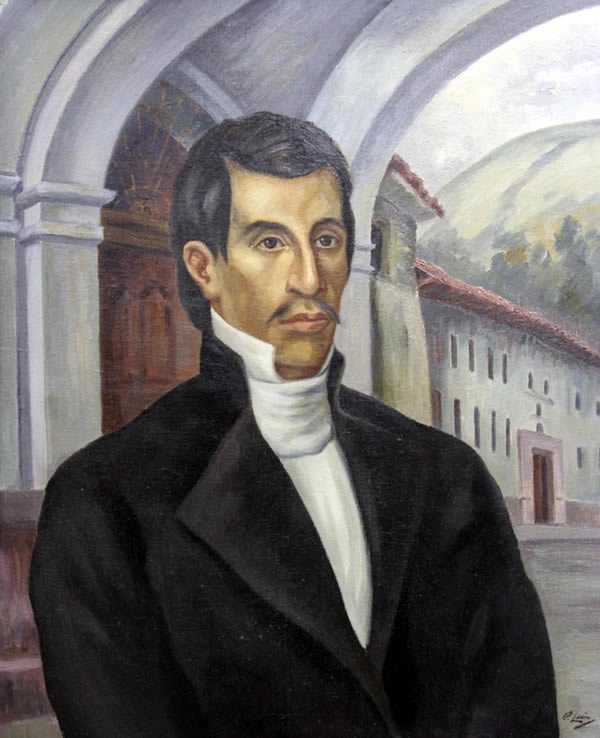Juan Montalvo, born Juan María Montalvo y Fiallos (Ambato, Ecuador, April 13, 1832 – Paris, France, January 17, 1889) was an influential Ecuadorian author, essayist, and formidable polemicist whose writings had a significant impact on the political landscape of his time. Known for his notable works such as “Las Catilinarias” (1880) and “Siete Tratados” (1882), Montalvo exhibited a fiery, unapologetic style, often challenging and criticizing the political status quo. As a political liberal, his beliefs were characterized by anti-clericalism and a fierce opposition to the authoritarian regimes of Gabriel García Moreno and Ignacio de Veintemilla. Despite facing exile multiple times, his penetrating critiques and commitment to democratic principles left a lasting legacy in Ecuador and beyond. Montalvo’s audacious spirit, combined with his eloquent prose, positioned him as a key figure in Latin American literature, while his life and works continue to symbolize the power of the written word as a tool for political change.
Continue reading “Juan Montalvo”Category: Polemicists
José Modesto Espinosa
José Modesto Espinosa y Espinosa de los Monteros (Quito, December 2, 1833 – December 21, 1915) was an Ecuadorian writer, politician, and founding member of the Ecuadorian Academy of Language. He held several important posts during General José María Urbina’s rule, including State Councilor and Senator for Tungurahua province. He was persecuted for his critical articles against General Ignacio de Veintemilla and served as Minister of the Interior and Foreign Affairs during the Progressive era of Ecuador’s history. He held other ministerial positions and was elected President of the Supreme Court of Justice in 1894. However, after being accused of being a right-wing conspirator by General Eloy Alfaro in 1896, he was exiled from Ecuador. He returned to Quito in 1901 and was elected Senator for the Pichincha province in 1902.
Continue reading “José Modesto Espinosa”Roberto Andrade
Roberto Andrade Rodríguez (October 26, 1850 – October 27, 1938) was a politician, historian, author and polemicist. He was a participant in the assassination plot against President Gabriel Garcia Moreno. On August 6, 1875, Garcia Moreno was beaten with a machete while three or four others shot revolvers at him. Andrade landed a deadly shot to Moreno’s forehead. Throughout his life Andrade was persecuted for his polemicist essays and political ideology. “Pacho Villamar,” his semi-autobiographical work from 1900, is widely considered Ecuador’s first political novel.
Continue reading “Roberto Andrade”Eugenio Espejo
Francisco Javier Eugenio de Santa Cruz y Espejo (Royal Audiencia of Quito, February 21, 1747 – December 28, 1795) better known as Eugenio Espejo was an 18th-century Spanish physician, writer, librarian, lawyer, and a pioneering figure in colonial Ecuador. Born in 1747, he was of mestizo origin and became a notable scientist and writer, but his true impact lies in his role as a polemicist and advocate for separatism in Quito. Espejo was the first journalist and hygienist in Quito, using his platform to spread enlightened ideas and critique the lack of education, corruption, and cultural aspects of the colonial authorities. He composed an important treatise on sanitary conditions, showcasing his understanding of microorganisms and their role in disease transmission. Espejo’s satirical works, inspired by the Age of Enlightenment, made him a target for persecution, leading to his imprisonment shortly before his death in 1795. Despite his hardships, Eugenio Espejo is regarded as one of the most important figures in colonial Ecuador and left a lasting legacy as a champion of education, science, and social reform.
Continue reading “Eugenio Espejo”



